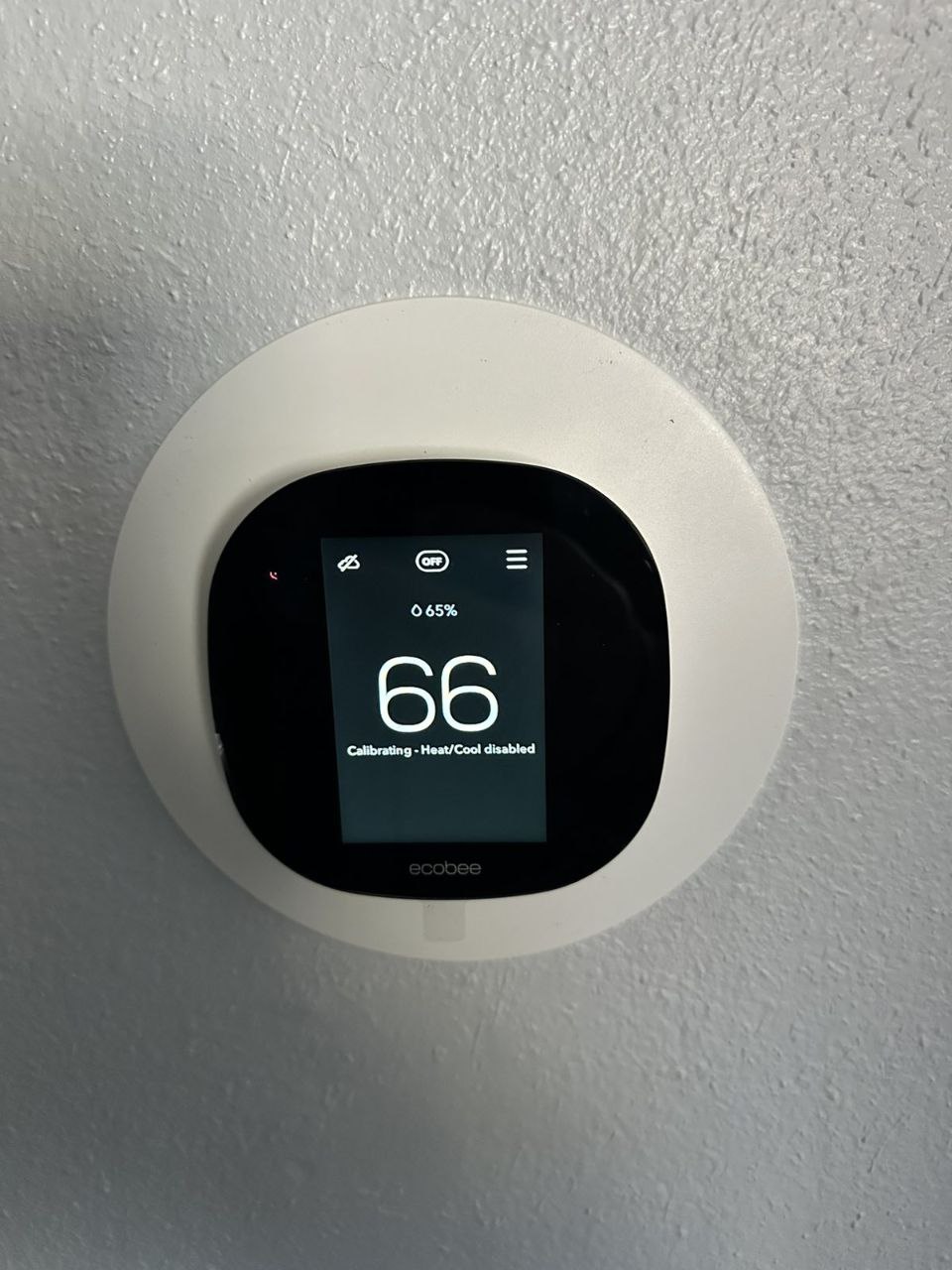
A thermostat is a device that regulates the temperature of a system so that the system’s temperature is maintained near a desired setpoint. It senses the temperature of a physical system and performs actions to adjust the system’s temperature.
- Types of Thermostats
1. Mechanical Thermostats:
– Bimetallic Strip Thermostats: These use a strip made of two different metals bonded together. The strip bends when the temperature changes, making or breaking an electrical circuit.
– Gas-filled Bellows Thermostats: These use the expansion and contraction of a gas within a sealed bellows to move a switch.
2. Electronic Thermostats:
– Digital Thermostats: These use electronic sensors to measure temperature and can offer precise control. They often include programmable settings.
– Smart Thermostats: These are connected to the internet and can be controlled remotely via smartphones, tablets, or computers. They can learn user preferences and adjust settings automatically for energy efficiency.
- Key Features
– Temperature Control: Adjusts heating and cooling systems to maintain a set temperature.
– Programmable Settings: Allows users to set different temperatures for different times of the day or week.
– Remote Access: Smart thermostats can be controlled via mobile apps.
– Learning Algorithms: Some smart thermostats can learn user habits and adjust settings automatically.
– Energy Efficiency: Helps reduce energy consumption by optimizing heating and cooling schedules. - Common Uses
– Home Heating and Cooling Systems: Regulates the temperature of residential HVAC systems.
– Industrial Applications: Maintains specific temperatures for processes and machinery.
– Automobiles: Controls the temperature within the vehicle cabin. - Installation and Maintenance
– Location: Should be installed in a location that represents the average temperature of the space, away from drafts, direct sunlight, and heat sources.
– Wiring: Proper wiring is crucial for the correct operation of the thermostat and the HVAC system.
-Calibration: Periodic calibration may be needed to ensure accurate temperature readings. - Popular Brands
– Nest: Known for its smart learning thermostats.
– Honeywell: Offers a wide range of thermostats from basic to advanced smart models.
– Ecobee: Provides smart thermostats with room sensors for more precise temperature control.
Thermostats play a crucial role in maintaining comfort and energy efficiency in various environments.
 Custom Air LLC
Custom Air LLC